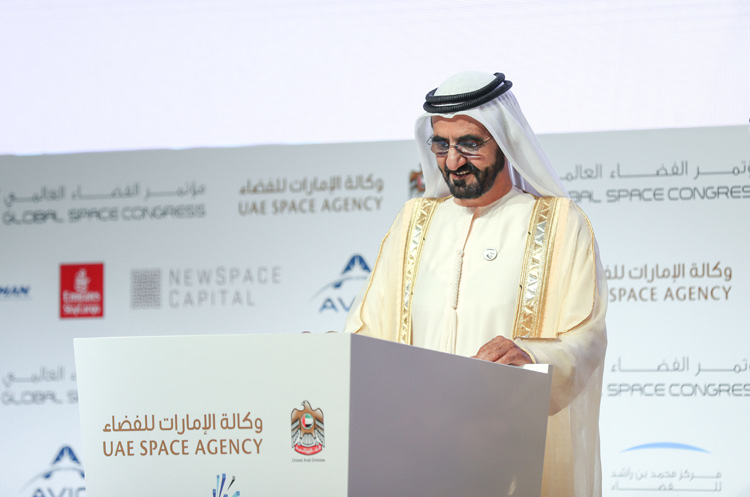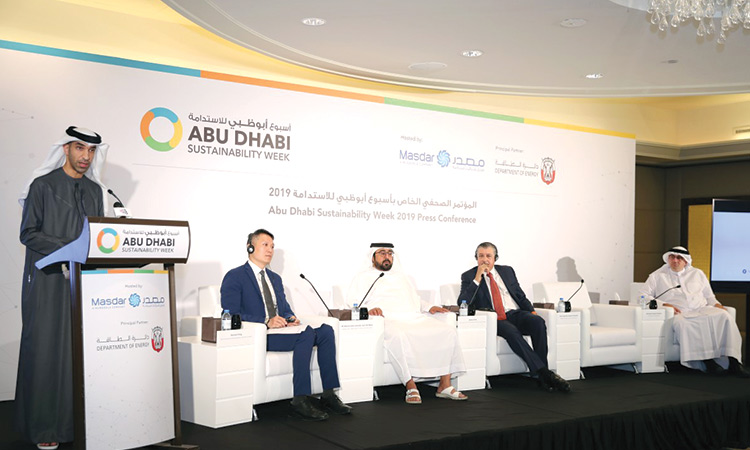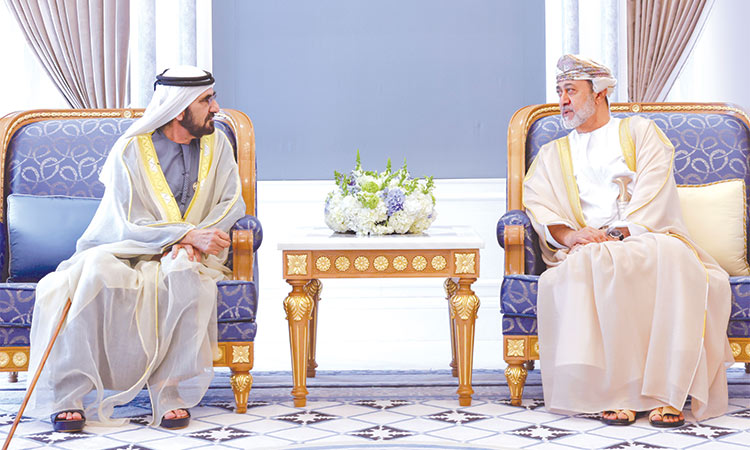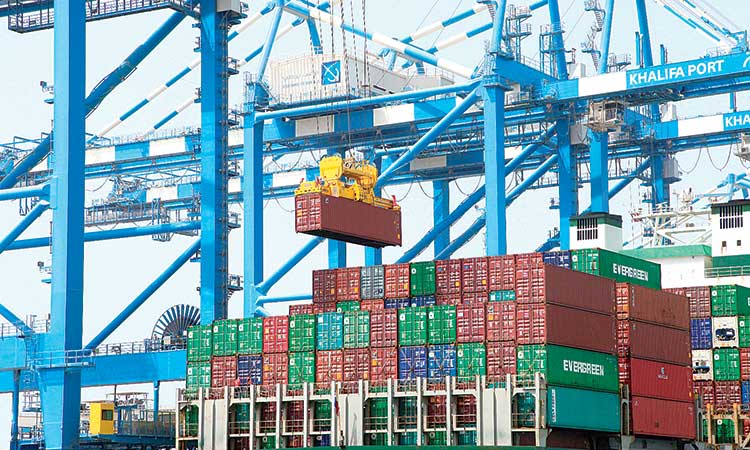Amendments in Abu Dhabi real estate law
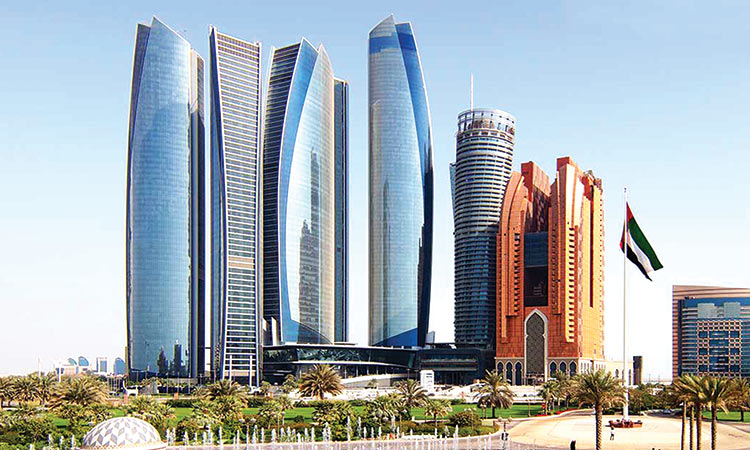
The new law stipulates amendments to Articles 3 and 4 of the ‘Real Property Law’.
Article 3 (i) stipulates the rights to own property are limited to three categories the first being Emirati citizens, natural or legal persons, the second includes public holding companies with ownership not exceeding 49% non-nationals, or the third as any person to whom a decision is issued by the Abu Dhabi Crown Prince or the President of the Executive Council. While Article 3 (ii) stipulates that non-UAE nationals, natural or legal persons, shall have the right to own and acquire all original and in-kind rights in real estate properties located within investment areas.
As for Article 4, the amendment stipulates that the holders of a ‹usufruct’ or ‹musataha’ for more than ten years shall have the right, without the consent of the landlord to dispose of the property, including the right of mortgage, however the landlord may not mortgage the property except with the consent of the usufruct or musataha holder. In both cases, the parties may agree otherwise.
His Highness Sheikh Mohamed Bin Zayed Al Nahyan, Crown Prince of Abu Dhabi and Deputy Supreme Commander of the UAE Armed Forces, directed Sheikh Khalid Bin Mohamed Bin Zayed Al Nahyan, Chairman of the Executive Committee and Member of the Abu Dhabi Executive Council, to review the emirate’s real estate sector development in line with international trends and standards.
The Abu Dhabi Executive Committee raised a proposal to update the Real Property Law, following a study on the emirate’s real estate sector, and the holding of a series of meetings with stakeholders, investors and real estate developers, to identify means to develop the sector, and consolidate the status of Abu Dhabi as an investment destination.
Sheikh Khalid bin Mohamed said, «Updating the Real Property Law reflects the leadership’s support and vision to develop the emirate’s economy, with the guidance of His Highness Sheikh Mohamed Bin Zayed Al Nahyan, Crown Prince of Abu Dhabi and Deputy Supreme Commander of the UAE Armed Forces, and monitoring of Sheikh Hazza Bin Zayed Al Nahyan, Deputy Chairman of Abu Dhabi Executive Council, who have both stressed the importance of updating legislation to accelerate economic growth and the development landscape of Abu Dhabi.» His Highness noted that the amendments will have a positive effect on the real estate sector, and will encourage investors to acquire land in designated investment zones within the Emirate of Abu Dhabi, with ample room for development opportunities. Meanwhile, Dubai Investments, the leading diversified investments conglomerate listed on the Dubai Financial Market, has decided to distribute 10 per cent cash dividend to its shareholders for the financial year ending 31st December, 2018.
A proposal to this effect was approved by shareholders at the group’s 23rd annual general meeting, AGM, today. The company’s shareholders also approved all other resolutions presented by the Board of Directors of Dubai Investments.
The company presented its 2018 financial results, which revealed a net profit of Dhs651.4 million for 2018. Total assets of the group increased by AED2.55 billion to reach AED19.6 billion as of 31st December, 2018.
At the AGM, Hussain Mahyoob Sultan Al Junaidy, Vice-Chairman of the Board of Directors of Dubai Investments, read out the chairman’s report highlighting the company’s growth.
The property business accounted for 63 per cent of the total assets and contributed 38 per cent to the group’s total income, while manufacturing, contracting and services accounted for 24 per cent of total assets and contributed 55 per cent to the group’s total income. Investments accounted for 13 per cent of the group’s total assets and contributed seven per cent to the group’s total income.
WAM

